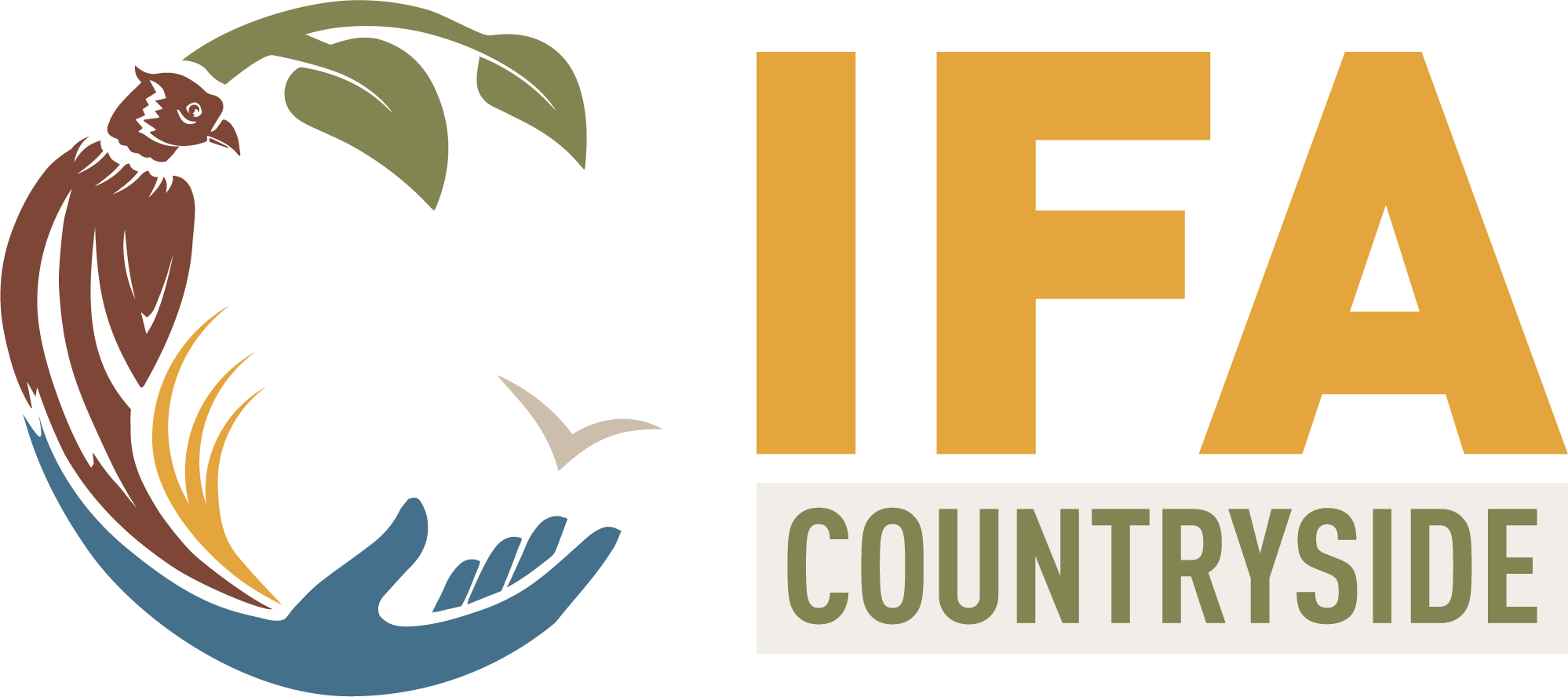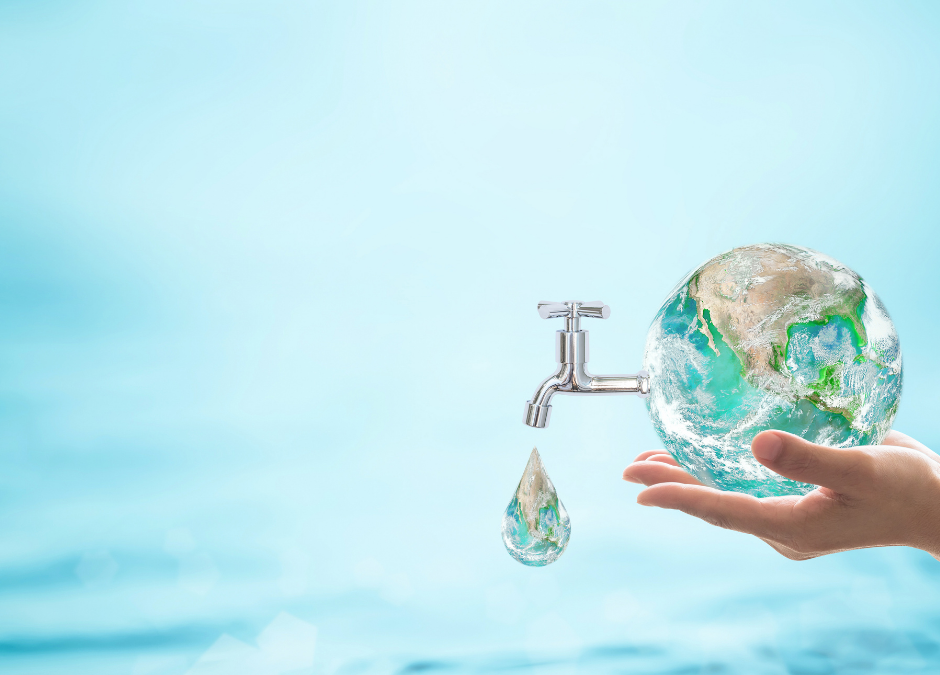
by Barbara Killeen | Mar 23, 2022 | Environment, Water
March 22nd marks World Water Day 2022. Held every year since 1993, the day highlights the importance of fresh water and the sustainable management of this precious resource. This year’s event focusses on groundwater quality. To mark this occasion, the Minister for...
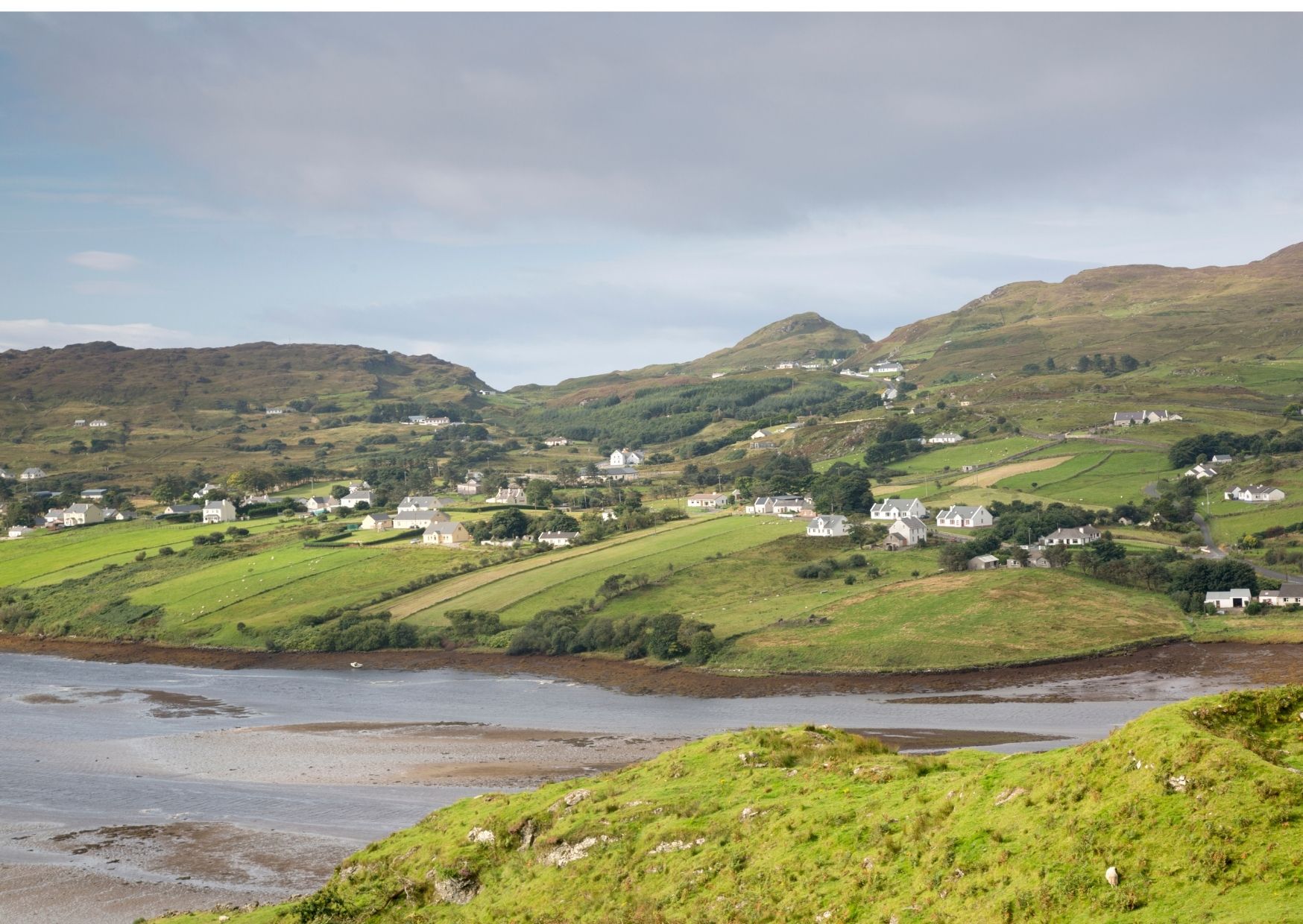
by Barbara Killeen | Jan 20, 2022 | Angling, Biodiversity, countryside, Environment, Fishing, Littering, Water, wildlife management
Wednesday 19th January: A new initiative to raise awareness about the spread of harmful invasive plant species and the impact of litter on Irish waterways has been launched by Leave No Trace Ireland in partnership with Waterways Ireland, the National Biodiversity Data...
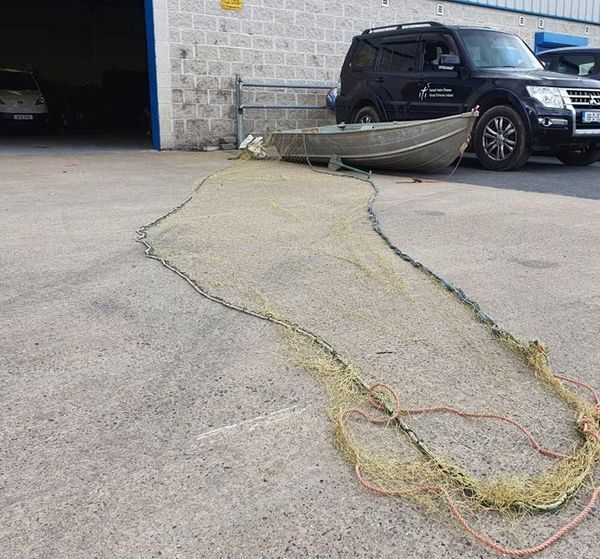
by Barbara Killeen | Aug 4, 2021 | Angling, Fishing, Uncategorized, Water
A man received a sentence of five months’ imprisonment, a €2000 fine and ordered to pay €1245 in court costs, following a prosecution taken by Inland Fisheries Ireland at Kilkenny District Court on Monday, 12th July 2021. Also in Kilkenny District Court on the same...
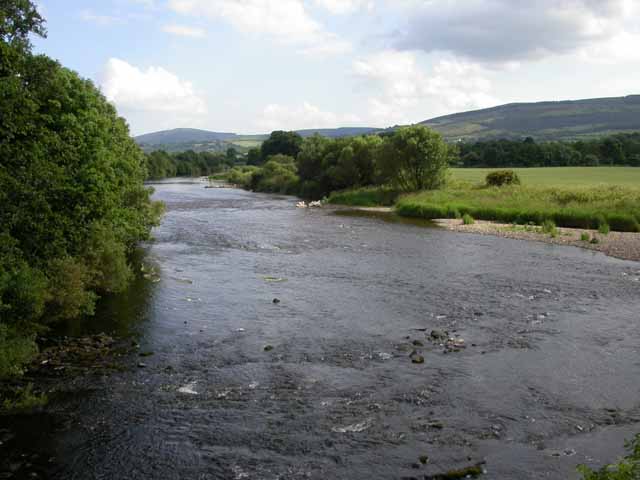
by Jessica McGrath | Apr 17, 2018 | Water
IFA National Environment Chairman Thomas Cooney has welcomed the commitment in the new national Water Protection Plan to work with farmers and rural communities, to achieve further improvements in water quality. Speaking at the launch of the River Basin Management...





